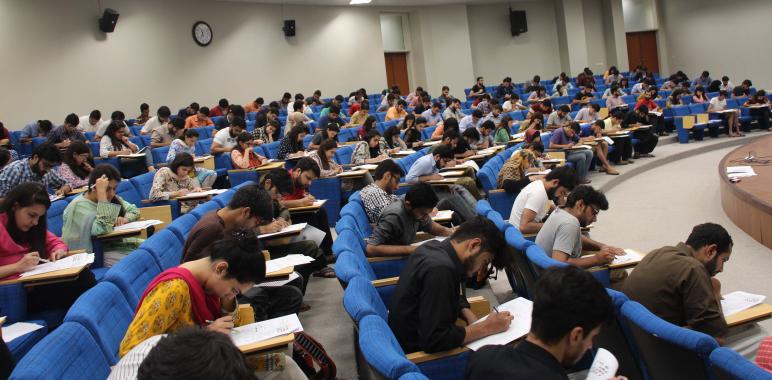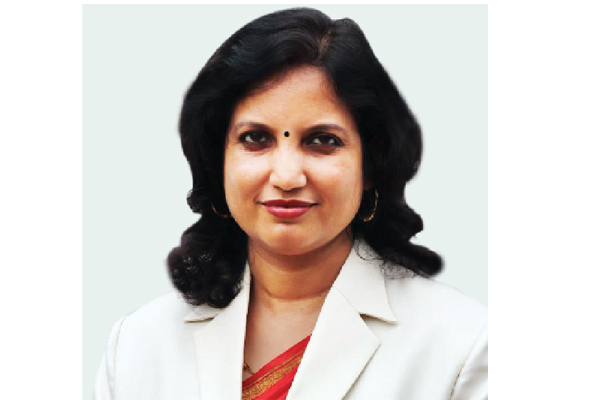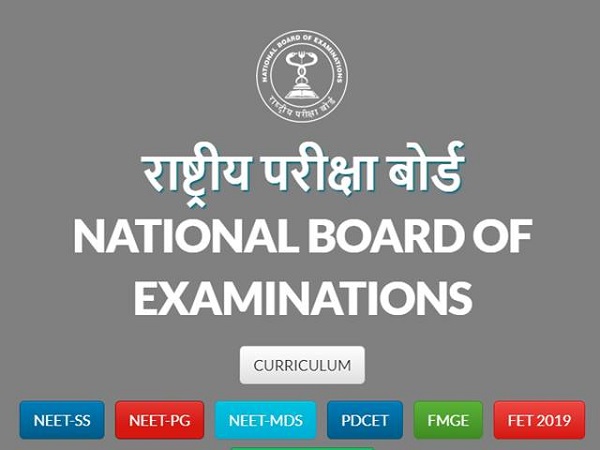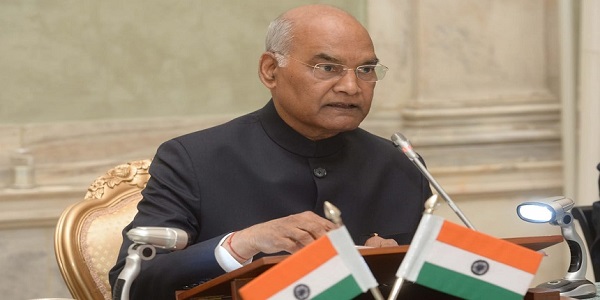We always put the child first because what is best for the child is best for parents and providers, says Neil Leitch, Chief Executive Officer, Early Years Alliance, in an interview with Elets News Network (ENN).
Tell us about the journey of the Early Years Alliance.
Our journey started as ‘Preschool Playgroups Association’ in 1961, where a young London mother, Belle Tutaev had set up a preschool in the absence of a state nursery place for her young daughter. The response was overwhelming with many parents following the similar footsteps. Within a year, Belle and other parents had rallied 150 members together and organised the first Annual General Meeting of the Pre-school Playgroups Association, today known as the Early Years Alliance. In May 1963, the Alliance gained official charity status and has championed the voice of the early years sector ever since.
Today, we are a national education charity and the largest early years membership organisation in England, representing the interests of 14,000 Alliance members who deliver care and learning to over 800,000 families every year.
What is the driving force behind this ever-growing organisation?
Good early years policy should always put children first but sometimes they are forgotten. We campaign not only to change that but also make sure our members are supported, through books and training resources.
What takes up most of our energy as a campaigning organisation, is the concern that some children have no access to childcare, often because they’re from poorer families or living in disadvantaged areas. That particular policy is having a hugely damaging effect on providers too of course but we know that we win the argument by making the case for children, something which was clearly missing when the government first developed its policy.
How challenging is it to meet the interests of the sector?
This is a hugely challenging time for the early years sector in England. We’ve seen around 9,000 providers close in the last few years due to underfunding. There’s currently a £662 million shortfall in the funding providers receive for delivering the government’s funded hours. It clearly had an impact on the training and personal development opportunities available to the workforce, and our providers are struggling to recruit and retain staff.
Despite the challenges we face, we’re delivering some of the best childcare in the world. We’re supporting the sector in their professional development by providing free online education courses with Alliance membership.
Highlight the Teacher training programme that your brand holds onto?
The Alliance has a comprehensive training programme supporting Level 2 and 3 qualifications, as well as, specialist themed courses.
Our online training has been a huge success and it’s available free as part of membership and that every single employee of a member group can access over 20 courses. Courses range from safeguarding to early years nutrition and to date, we have delivered over 250,000 courses. In an ever changing sector, we are constantly expanding and updating our portfolio of training.
Are there any plans for establishing roots in India?
Last year, I was appointed to the Department for International Trade’s Education Advisory Board representing the early years sector in the UK. We do have a small number of members based in India but are always keen to talk to international providers about the work we do. Usually, this is by way of speaking at conferences or international events.





























